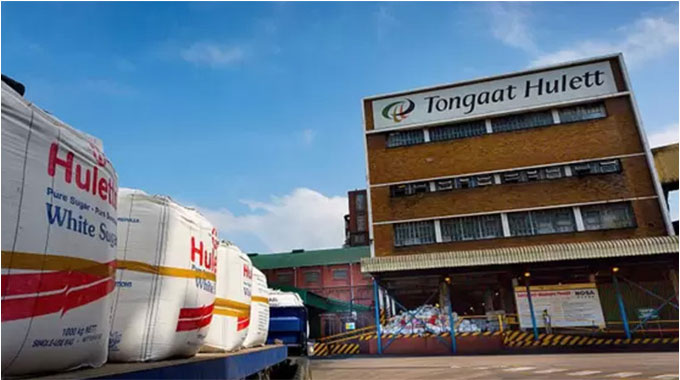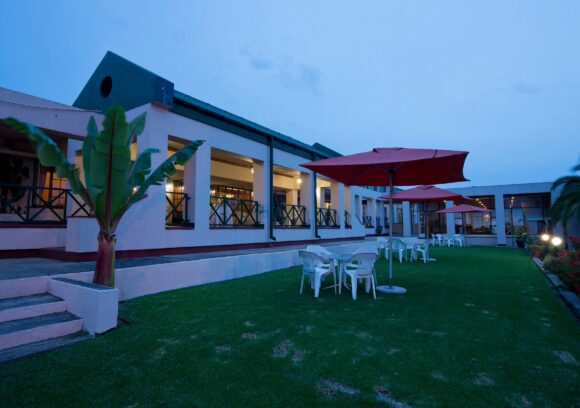‘Building forex reserves key to addressing national debt’
ZIMBABWE should sustain the prevailing foreign exchange stability to strengthen the local dollar
to a point where it starts building forex reserves and be able to effectively address the national debt
burden, economist Mr Eddie Cross, has said.
The country owes close to US$13,3 billion to international financiers such as the World Bank and
the African Development Bank while about US$3 billion is owed to local institutions.
Of the domestic debt, US$3,5 billion is for farmers’ compensation, US$38 million for Treasury
Bills, US$37 million Treasury Bonds and US$10 million is owed to domestic service providers.
The bloated debt burden is a stumbling block to the country’s progress as it limits access to fresh
lines of credit and worsens the country’s risk factor.
Finance and Economic Development Deputy Minister, Clemence Chiduwa recently said the country
was considering taking the Heavily Indebted Poor Countries (HIPC) process as part of efforts to
tackle the external debt burden, which continues to frustrate national development efforts.
He noted that external debt accumulation over the years and attendant penalties were suffocating
economic progress.
Commenting on this development, Mr Cross, a former Reserve Bank of Zimbabwe (RBZ) Monetary
Policy Committee member, said building foreign exchange reserves was critical if Zimbabwe is to
manage its international liabilities and this starts with strengthening the local currency.
His sentiments come at a time when the Government through the RBZ has put in place tough
measures that have resulted in the stability in the macro-economic environment.
Mr Cross, however, says the measures would not be effective in the long-term despite bringing
about immediate halt on inflationary pressures.
Deputy Minister of Finance Clemence Chiduwa
He insists the authorities must liberalise the exchange rate by subjecting it to market forces and
letting it float freely until it discovers its level.
“In my view, given the foreign exchange balance in the country, this would result in strengthening
of the Zimbabwe Dollar. That would be essential in protecting the productive sector domestically
as well as building foreign currency base, which is key in managing the international liabilities,”
said Mr Cross.
While Government measures have led to the stability of the exchange rate and prices, the longterm solutions lie in liberalising the foreign exchange market, he added.
Reserve Bank of Zimbabwe (RBZ)
“My suggestion would be to abandon the exchange control except on capital movements, liberalise themarket andallow the market to find its own level in the banks and I think that would
immediately stabilise the rate,” said Mr Cross.
In the context of prevailing policy controls, the prominent businessman said there is a higher risk
the exchange rate would start shaking up again once the Government resumes funding of
contractors and suppliers, a situation he said needs to be monitored to avoid money supply growth.-The Chronicle










